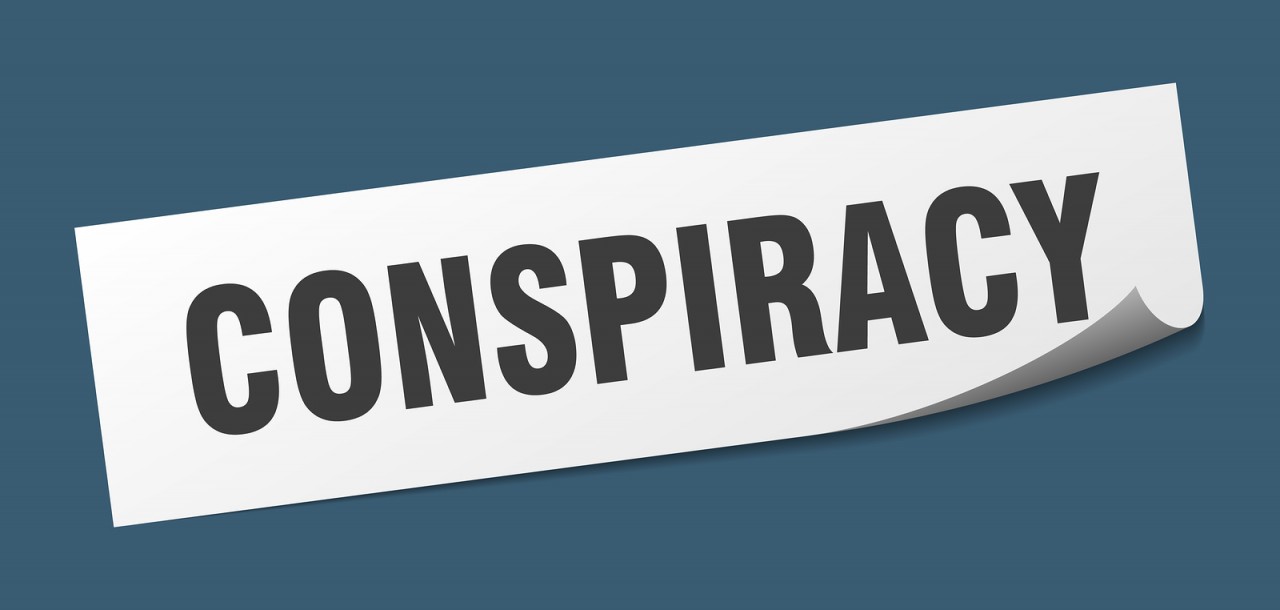After 9/11, I recall that it did not take long for conspiracy theories to circulate around the internet. It seems that whenever there is a tragedy that takes place on the world wide stage you can be sure that fantastic stories surface and spread through pop culture.
None of us would pay attention to the flat earth conspiracy (I hope) or if the moon landing were fake. Yet I sometimes see certain conspiracies floating around the Internet that have a huge impact within the Christian community.
It is understandable that during a pandemic we would look for ways to understand what is going on. Yet sometimes our drive to understand a situation takes us down a dangerous road.
Scripture calls us to be of sound mind, and to reason together. We are to seek truth in every area of our lives. Yes, there may be a nugget of truth in whatever conspiracy is the “flavor of the week,” but the most successful deceptions are always wrapped in a thin layer of truth.
This means that unless we can know for certain what is being said is true, we should not share videos or invite others to believe in fantastical ideas.
In the Book of Isaiah, we see a large group who has decided that Isaiah was a traitor. This type of accusation has been going on for a long time. A group of people can easily develop a narrative that turns a person or persons into some evil underground movement.
God wrote through Isaiah that “Do not call conspiracy what they call conspiracy, and do not fear what they fear…” (Isaiah 8:12). Here the Bible gives us some helpful insight about conspiracy. It seems to be that fear is at the core of them. Fear of government, fear of authorities, fear of the unknown can all be used to lead us down some false paths.
Even while we stay on guard against conspiracies, this does not mean we have to believe everyone in authority has our best interest in mind. Instead we can take a more neutral stance and test both sides.
What’s at stake here is not just being right or wrong. The real stake is the rapid spread of poor information can hurt our witness and ultimately be a hindrance to the Gospel. We can unwittingly become “the boy who cried wolf,” and then, when it really matters, people are less likely to take us seriously.
Theories have popped up around COVID-19. I don’t know what caused all this and neither does anyone else, in all likelihood. What I do know is that Christians must hold ourselves to a higher standard and withhold judgment until we can be more certain. Let’s put our certainly in the Gospel message above all.




